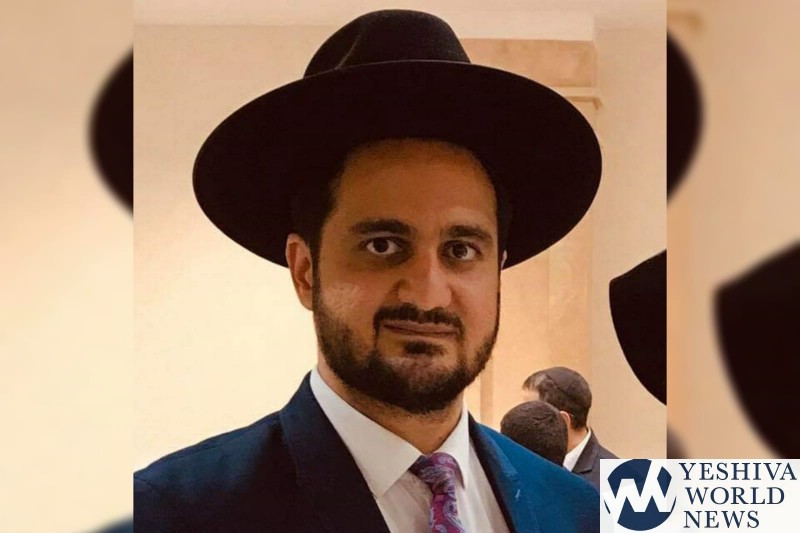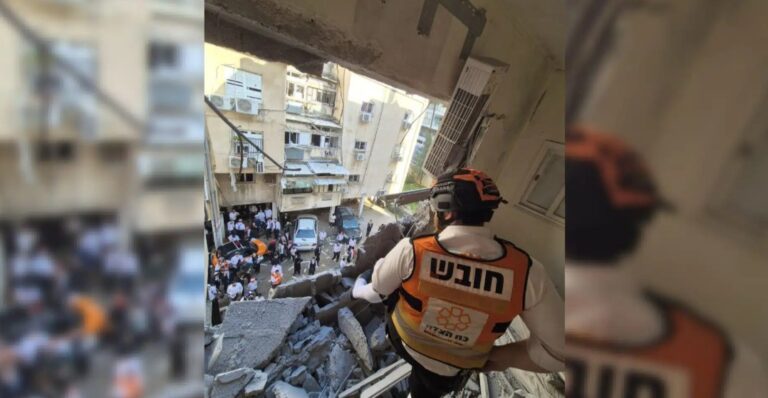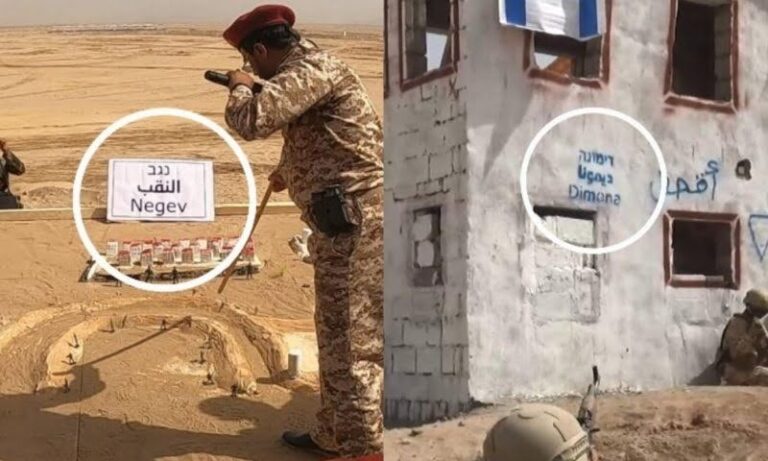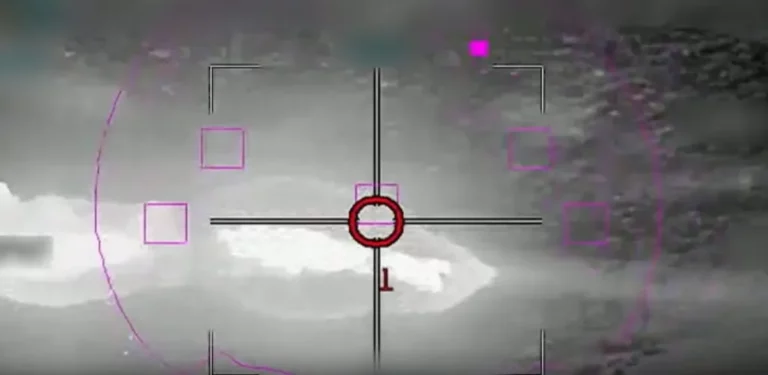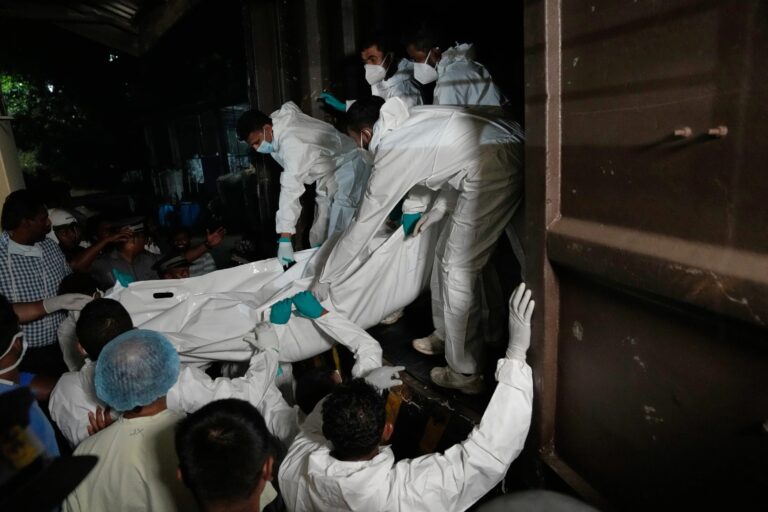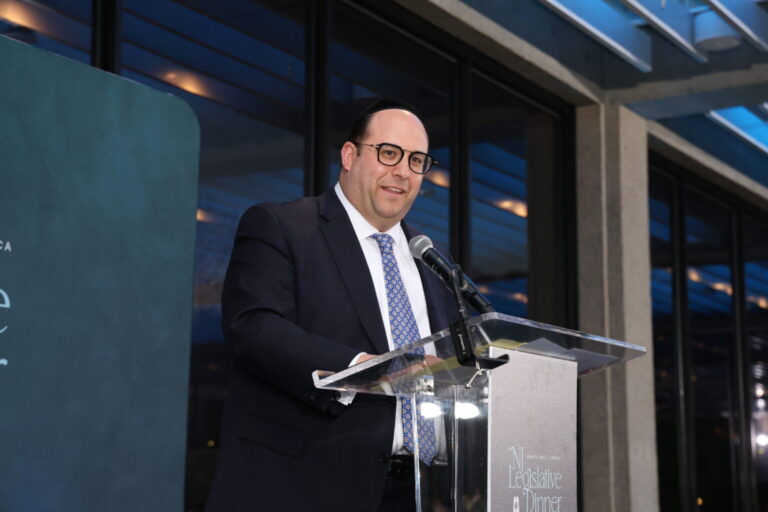In a recent report in the Hebrew-language Yated Ne’eman, the Chief Rabbi of Tehran, Rav Yehudah Grami, spoke about the Jewish community’s preparations for Pesach in the shadow of the frightening toll of the coronavirus pandemic in Iran.
Rav Grami told Yated Ne’eman that the community is currently baking matzos to supply all the Jewish communities across Iran with matza for Pesach.
“We received special approval to continue operating the matzah factories,” Rav Grami said. “Since all the communities by us use machine matzah, it’s much easier since we can supervise the hygiene standards while maintaining full hashgacha on the manufacturing process from the time of techina. However, unfortunately, we don’t have the possibility of it being shemurah from the time of harvesting. But with no choice, we’re relying on the hashgacha and shemira we can provide.”
However, Rav Grami noted that in contrast to the situation regarding matzah for Pesach, the community is facing a dire shortage of meat. “Right now due to the pandemic, they’re not slaughtering animals and all the butchers are closed. This is a huge problem in light of the community’s need for meat for Yom Tov.”
Regarding sreifas chometz and biur chametz, Rav Grami said. “I publicized a recommendation for every family to independently organize hagalas keilim in their own homes and each family should carry out sreifas chametz in the courtyards of their homes. Also, regarding erev Pesach, the dayanim of the Tehran Beis Din ruled that no one should fast for Taanis Bechorim.”
“Like Taanis Esther, there’s no obligation to fast during an epidemic, especially now when it’s pikuach nefesh. However, in order to maintain the mesorah, I announced that the public can only eat after hearing a siyum of a mesechta on the phone after Shacharis. We give over the halachos and other shiurim by telephone broadcasts since the shuls are closed.”
Rav Grami said that many members of the Jewish community are in need of rachamei Shamayim. “The Jews of the kehilla are hospitalized in various situations, some in the Jewish hospital in Tehran and some in the general state hospitals. We request that you remember us – the Jewish community in Iran – in your tefillohs for cholei Yisrael.”
Rav Grami said that Boruch Hashem the community has been able to bury the Jews who passed away due to the coronavirus in a Jewish cemetery. “Of course according to the regulations we weren’t able to perform teharos or hold a levaya attended by others but Baruch Hashem we were ultimately zocheh to bury our niftarim in a Jewish cemetery. According to the times, the minhag of tahara has been preempted by the chiyuv d’eoriaysa of the mitzvah of kevura k’hilchasa.”
Rav Grami concluded his remarks with a tefillah that “Hakadosh Baruch Hu should say enough to our tzaros and we should be zocheh to eat from the pesachim and zevachim.”
Tehran is the home of the largest Jewish community in Iran, followed by the communities in Shiraz and Esfahan – the third-largest city in Iran. There are more Jews scattered in other cities but most of them are affliated with one of the larger communities. There are about 50 shuls across Iran, some active only on Shabbos, which are all of course currently shuttered.
(YWN Israel Desk – Jerusalem)

